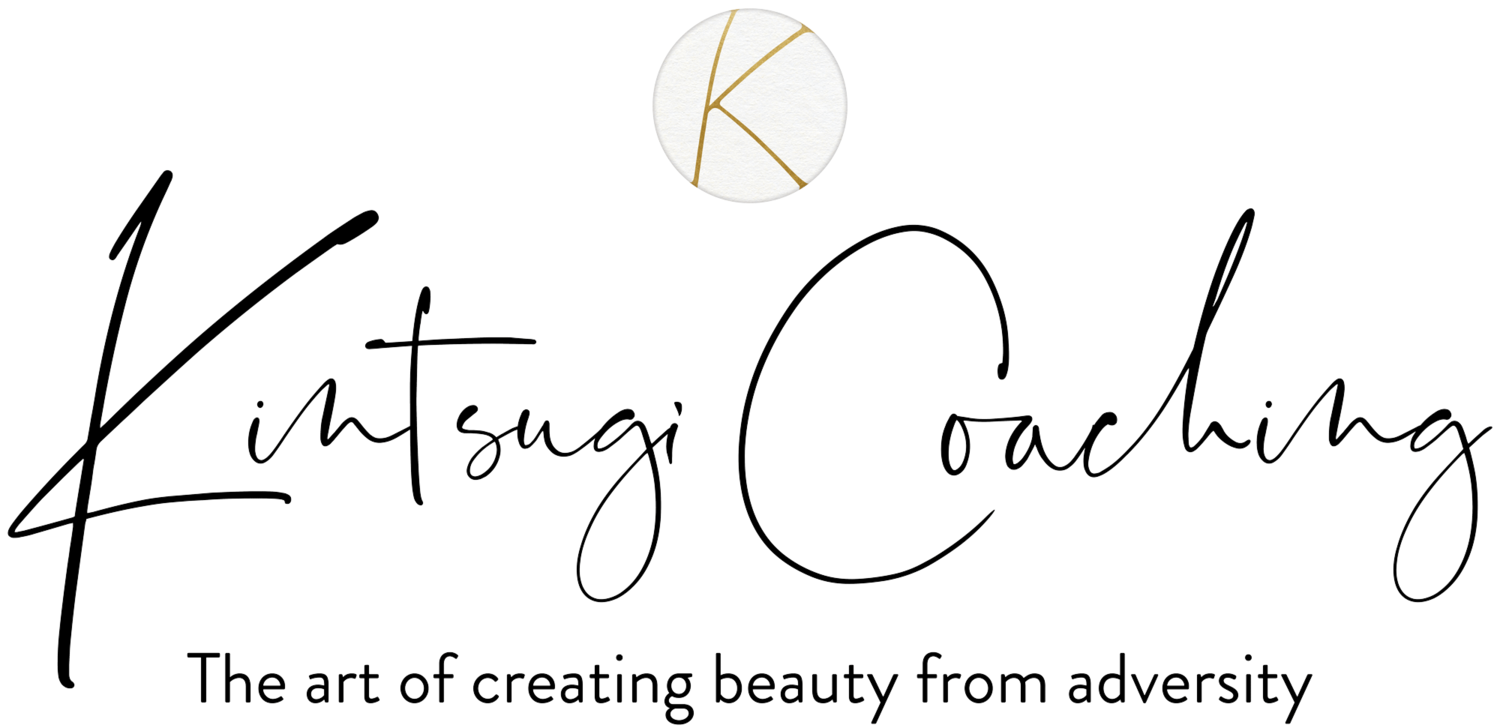Is It Over Yet? Life After 2020
Holy Hell and Pass the Party Hats
We’re almost there my friends. We’re at the finish line of 2020: the craziest, weirdest, most tumultuous, contentious, painful, scary, exhausting year that most of us have ever seen. It's the year I stopped asking, “Anything else?” because the answer was always, Why, yes, as a matter of fact: Here!” Pandemic and politics, race riots and economic upheaval, fires and floods — this is one for the record books.
So, for this different (that's a euphamism for cluster #*!@) sort of year, I decided to write a different sort of column. Rather than an ode to the season (i.e., Christmas-y and Solstice-y, about which I've written before and which you can read here or here), I want to share something practical to help spark some optimism and positivity going forward, something that answers the new question we’re all asking:
Now What?
The new year is (almost) here, and I, for one, am doing the pee-pee dance in anxious anticipation that somehow, magically, we will awaken from this horrific nightmare on January 1 (or January 20, depending on your political slant). But the old problems, I'm afraid, will remain.How do we cope with on-going pandemic fear and fatigue? Economic struggle? Facing life without a loved one? Illness? Fear?
If you’re dealing with a “Now What?” the following are some simple steps to help create a deeper, more peaceful, meaningful and balanced life in the Brave New Year to come. They are based on the principles of Acceptance and Commitment Therapy but at their root, they are both quite spiritual and eminently practical. They're a doable way to embody Churchill's famous advice:
"When you're going through hell, keep going."
Step 1: Be Here Now. Stay as present as possible both to what’s happening in your physical world and your internal, psychological world. Just notice. Breathe. Check in with your five senses. Breathe in. You're here. Breathe out.
Step 2: Accept: Accept what is. Acknowledge those things you cannot change. Accept all your thoughts and feelings—even the cruddy ones—and simply let them be. Don’t resist, judge, or try to change them. Just let them wander around. You don't need to do anything about them right now. Breathe again.
Step 3: Notice Who’s There: Notice the part of you that is narrating the running commentary in your head. (“I can’t handle this” or, “These steps are useless!”) Then notice the part of you that’s noticing this. This is your Observer Self. The fact that you have this observer reminds you that you are not your thoughts or feelings. You are more. (Intriguing!)
Step 4: Identify Your Values: Switch gears now and think: What do you believe in? What matters most to you in this life? How do you want to live? These values are your True North. They point to where you need to focus your energy.
Step 5: Take Committed Action: What is the next, best thing to do that will lead to more of what you value? This is where you want to focus your energy. This is the thing that will move you in a positive direction and balance (or diminish) the difficulties you’re facing. Maybe your value is "peace:" Your step might be taking a walk or saying a prayer. Perhaps you deeply value your friendships, so you reach out to a loved one. If you value better health, what action can you take that will be a small step for your well-being?
See how this goes?
Breathing, settling into a calm presence, accepting your thoughts and feelings without getting tangled up in them, remembering what’s important and taking action, however small, that moves you in that direction—is the answer to “Now what?” It doesn't necessarily get rid of the problems, but it does channel your energies in a positive way. It’s how to get unstuck, deal with anxiety and depression and take care of yourself while simultaneously being a beneficial presence on the planet.
Pretty nifty, huh? Merry Christmas and you’re welcome. Here's to a lighter, brighter new year.🙏🏻 💫
One Final Note!
If you have experienced a difficult loss this year (job, fortune, health, loved one), I invite you to check out my new book, Grief Girl's Guide. It provides all sorts of uplifting and helpful guidance not only for grief, but also the anxiety and depression that are part of loss, plus it shows you how your most difficult experiences lay the groundwork for living your biggest, best life going forward. And it has words like "cool-o-potomus.”

